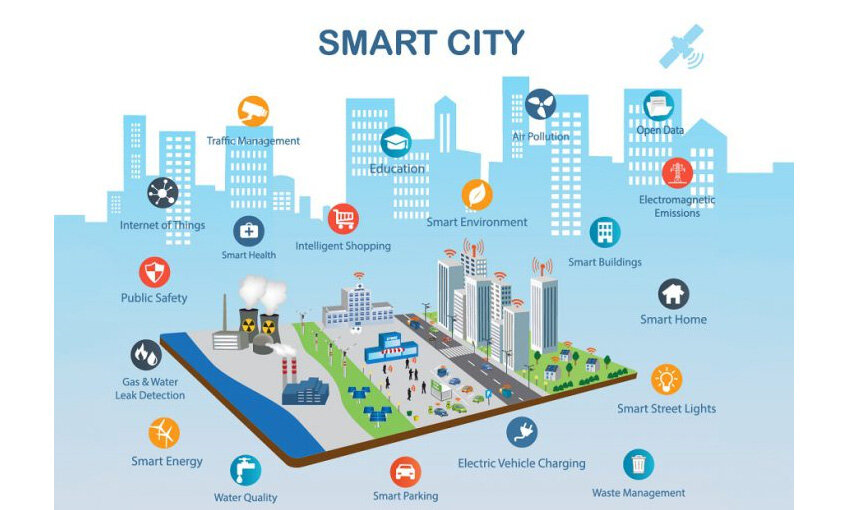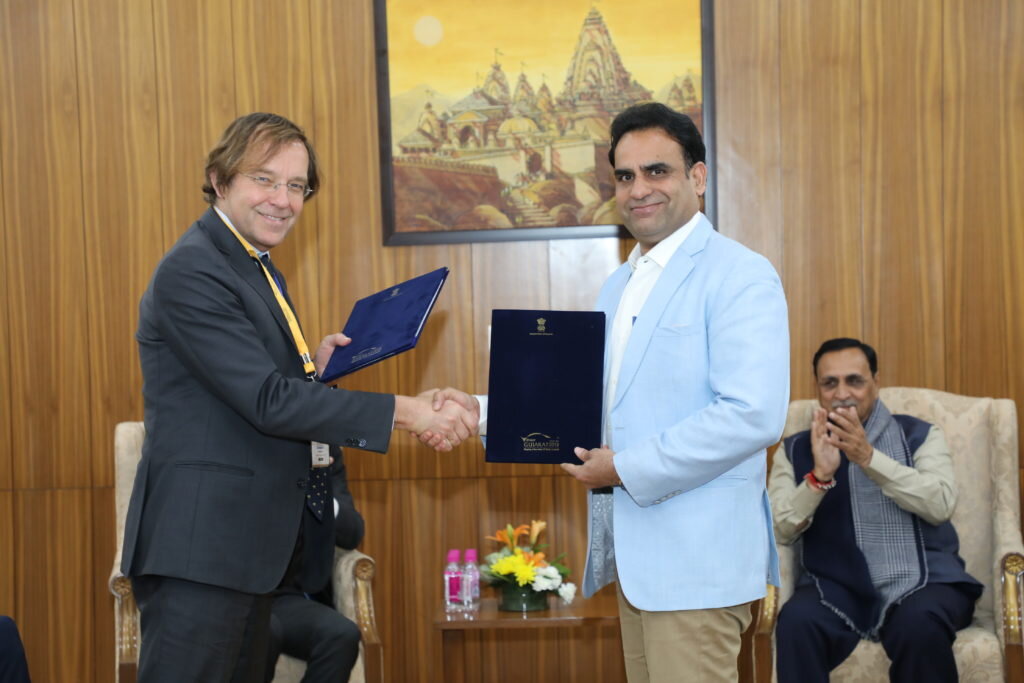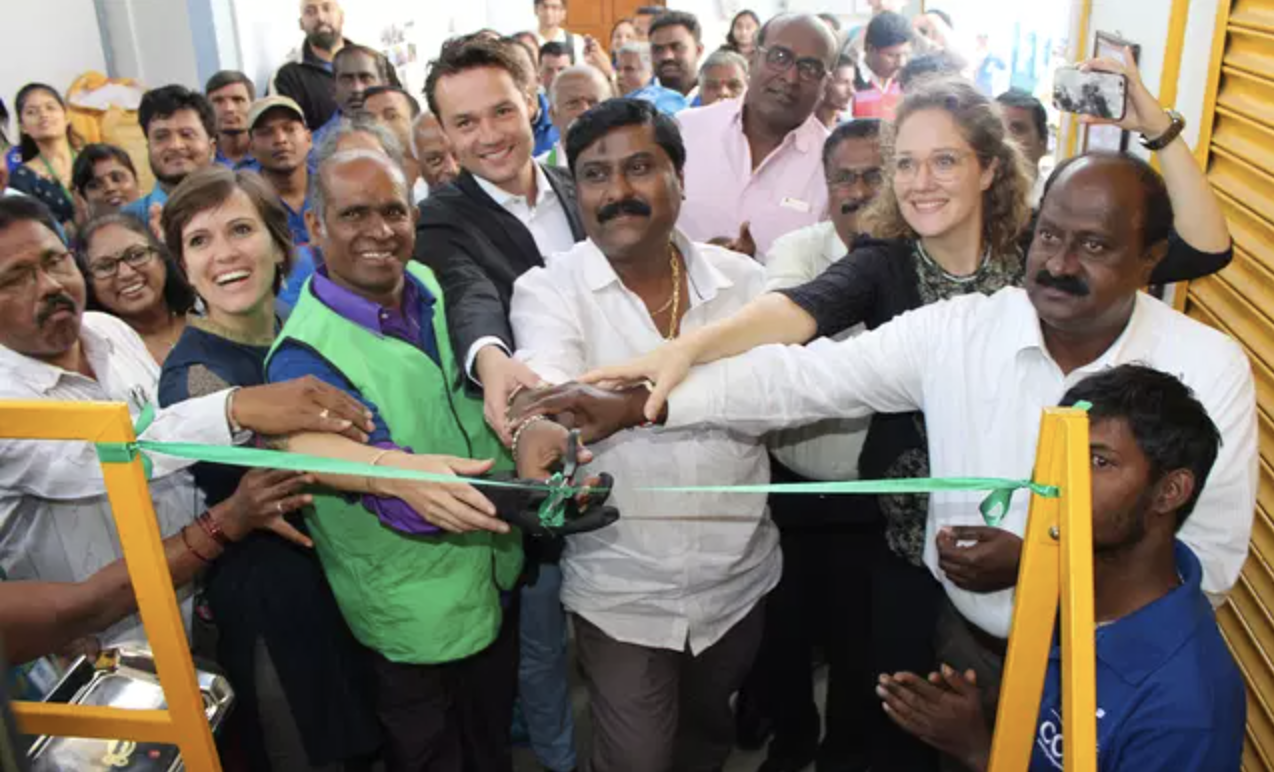Under Prime Minister Modi, India has embarked on a major upgrade of the country. Through various government programs, such as Made in India, 100 Smart Cities and Digital India, billions are being invested in improving India's infrastructure. From clean forms of energy to the rolling out fiber optics. India is eager for foreign knowledge and technology for these ambitious projects. But how do you win such a coveted government contract as a European company?
You win a tender with 3 crucial ingredients'.
Joeri Aulman has been successful in winning government contracts in India in recent years. He is a project manager and airport developer for Naco, a division of Royal HaskoningDHV in the field of airport consultancy. "First of all, we were very lucky with our market entry. We entered the market in 2005, at the exact time that the first privatisation of airports in India was starting. That turned out to be perfect timing."
But it was the good references from local business relations that really got the ball rolling for Naco. "On the recommendation of an existing client, we were allowed to present ourselves to the Indian party. The presentation was focused and, very importantly, not didactic. Despite our knowledge and experience, we were modest and that was the key to success." According to Aulman, the combination of smart timing, excellent references and modesty in presenting your plan are therefore the three crucial ingredients for winning tenders in India. "Over the past 15 years, we have learned that if one of these three ingredients is missing, we miss out on the contract immediately."
Not only India benefits, there are also interesting opportunities for European companies
According to the Indian Ambassador to the Netherlands, Venu Rajamony, there is a lot for European companies to gain in India. "We are the fastest growing, large economy in the world with a young population and a growing middle class. Competitive European companies entering India with long-term planning are going to benefit from the country's rapid developments and expanding consumer market."
For companies looking to win Indian government contracts, Rajamony has some advice. "To stand a chance, it helps when European parties cooperate with an Indian partner. In addition, companies increase their chances if they produce part of their technology in India (make in India), use Indian raw materials for it (source in India) and hire Indian personnel (hire in India). This not only aligns with various government objectives, but also reduces the cost of often expensive European technology. European companies must realize that India is a highly competitive market. Companies from all over the world subscribe to Indian tenders."
There are hundreds of tenders open as part of the Smart City mission
Six tips to win tenders in India
In order to easily sideline those foreign competitors in the battle for an Indian government contract, you need to keep the following points in mind during the preparation:
1. Timing: plan ahead
Timing is key, but you can't start building a network early enough. In other words, if you don't start building a network until demand for your products starts to increase, you are late.
2. Use references actively
India is a network economy par excellence: relationships are crucial. So don't hesitate to approach the Indian embassy in your country for help if you get stuck with permits and the like. Their network is large and they can often provide clarity. In addition, seeing is believing. Anyone who has previously done a good job on another project in India has an edge.
3. Be concrete but modest
India may be desperate for state-of-the-art technology in all sorts of areas, but that does not mean that foreign companies can be pedantic, condescending or arrogant. With such an attitude, a foreign company is doomed to fail in India.
4. Work with an Indian partner.
As mentioned, India is a network economy, so local cooperation greatly enhances your chances. If you do not have the right entrances, you will usually fail with government tenders. An Indian partner knows his way around the Indian bureaucracy - no need for the Dutch party to waste valuable time on this.
5. Make, hire & source in India
The Indian government is faced with the immense task of providing jobs for hundreds of millions of young Indians. Logically, companies that create jobs in India, directly or indirectly, have an edge in tenders. So put yourself in the shoes of Indian officials.
6. Understand your market value
Leave your European mindset at home and tailor your offer to the price/quality level the Indian government is looking for. Do you not yet have a good understanding of your sector and how you can best position yourself in the Indian market? Contact our experts and we will conduct a customised market research and give you concrete suggestions for the right next steps.




